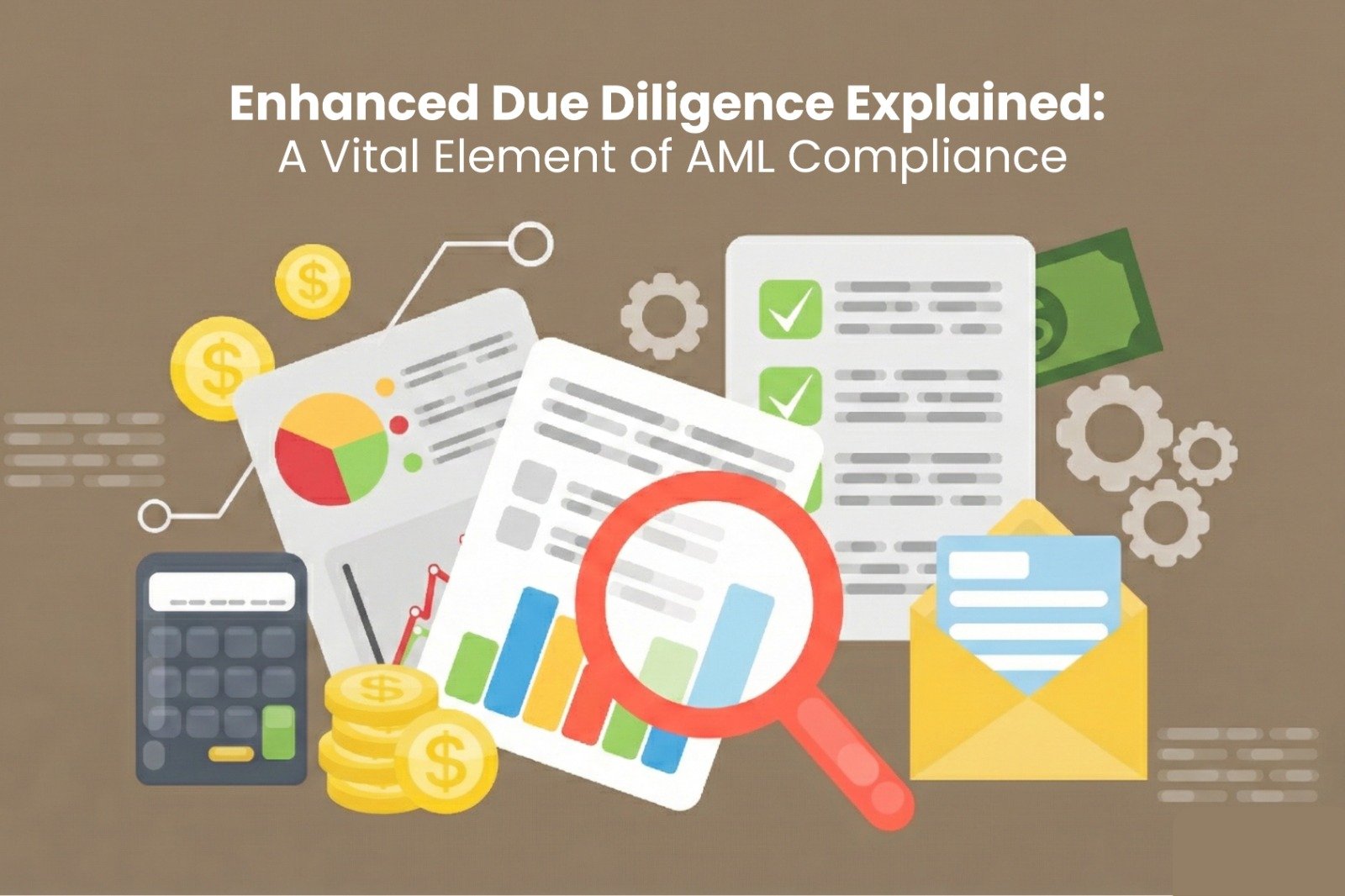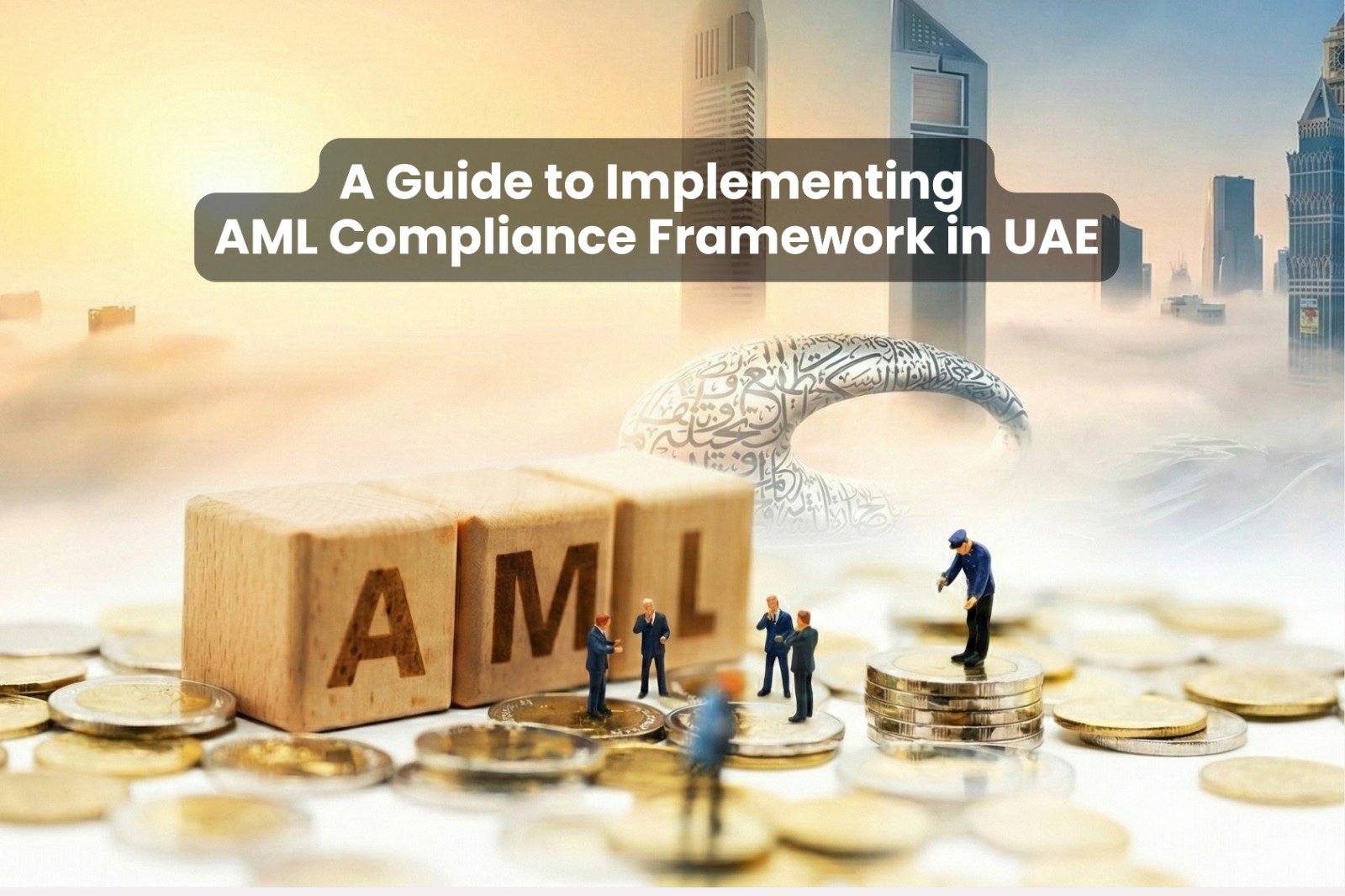In 2025, TFS (Targeted Financial Sanctions) Measures continue to play a vital role in the UAE’s fight against money laundering, terrorism financing, and the proliferation of weapons of mass destruction. These measures go beyond regulatory requirements — they form a key part of the country’s AML/CFT framework, ensuring that financial institutions and DNFBPs operate with integrity and transparency.
Understanding TFS Measures in UAE and their related obligations is essential for every business that deals with customer onboarding, fund transfers, or high-value transactions. Non-compliance can result in severe penalties, reputational loss, and potential suspension of business operations. This guide outlines what TFS measures are, why they matter, and how organizations can ensure ongoing compliance.
What Are TFS Measures?
UAE authorities, including the Executive Office of Anti-Money Laundering and Counter Terrorism Financing (EO AML/CFT) and the UAE National List of Terrorist Individuals and Entities, actively enforce TFS measures. These measures restrict or prohibit financial dealings with individuals, entities, or organizations listed under international or national sanctions. The United Nations Security Council (UNSC) typically issues these sanction lists, and TFS measures act as preventive tools to ensure compliance and protect the financial system.
TFS aims to stop individuals and entities from funding or supporting those involved in terrorism, proliferation, or serious crimes. In the UAE, businesses must actively screen clients and transactions to ensure they do not deal with sanctioned parties.
TFS Measures in UAE: An Overview
The TFS Measures in UAE form part of the nation’s commitment to global financial transparency. These measures apply to all financial institutions, DNFBPs, and other entities under AML-CFT supervision. Businesses must:
- Regularly check customers and transactions against updated sanctions lists.
- Freeze any funds or assets belonging to listed individuals or organizations immediately.
- Report suspicious activity or matches to the UAE Financial Intelligence Unit (FIU).
- Maintain detailed records of all screening and reporting activities for compliance review.
The UAE’s proactive stance makes it a global model for AML and CFT enforcement, showing zero tolerance for financial crimes.
Understanding TFS Obligations in UAE
TFS Obligations in UAE refer to the specific duties that businesses must fulfill under the country’s regulatory framework. These include:
- Continuous Sanctions Screening: Companies must ensure real-time and ongoing monitoring of customers, transactions, and beneficial owners against national and international sanctions lists.
- Immediate Freezing Actions: If a match or “hit” is identified, businesses are obligated to freeze the relevant assets without delay and report to the competent authorities.
- Reporting and Record-Keeping: All screening results and freezing actions must be documented and submitted to regulators when required.
- Training and Awareness: Employees should undergo regular training to stay informed about the latest AML CFT Regulations UAE and how to identify red flags effectively.
These obligations help maintain the UAE’s robust compliance ecosystem and align businesses with global AML-CFT standards.
Why is TFS Compliance Essential in the UAE?
As financial crimes grow more sophisticated, TFS measures have become a crucial defense against money laundering, terrorism financing, and proliferation financing. For businesses, compliance is not merely about avoiding fines — it’s about maintaining credibility, trust, and access to international financial systems.
By implementing robust TFS policies, organizations in the UAE can:
- Protect themselves from being exploited for illicit purposes.
- Strengthen their reputation with regulators and clients.
- Contribute to the country’s stable and secure financial environment.
- Ensure operational continuity and avoid sanctions-related disruptions.
Conclusion
The UAE’s compliance landscape demands vigilance, awareness, and proactive action. Adhering to TFS Measures and fulfilling TFS Obligations in the UAE are essential parts of responsible business practice. To stay compliant with UAE AML-CFT Regulations and meet all regulatory requirements, partner with Auditac International Consultancy — your trusted expert in AML-CFT compliance, risk management, and TFS Measures advisory services in the UAE.












